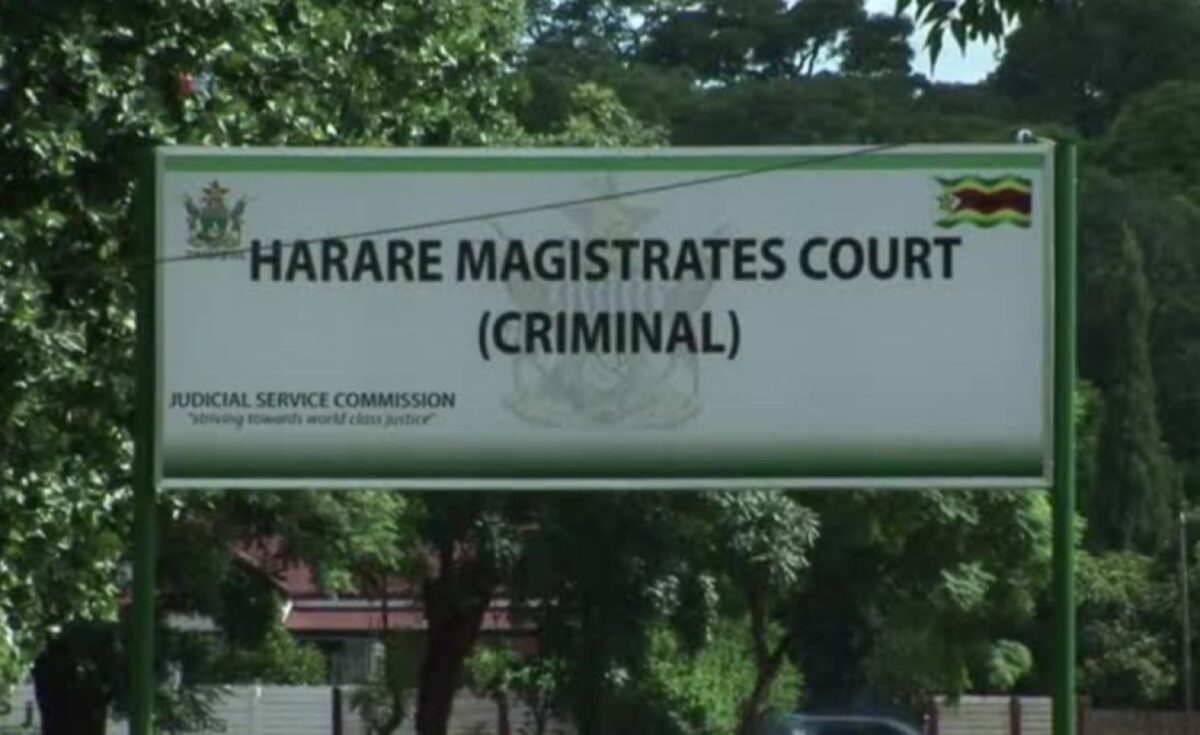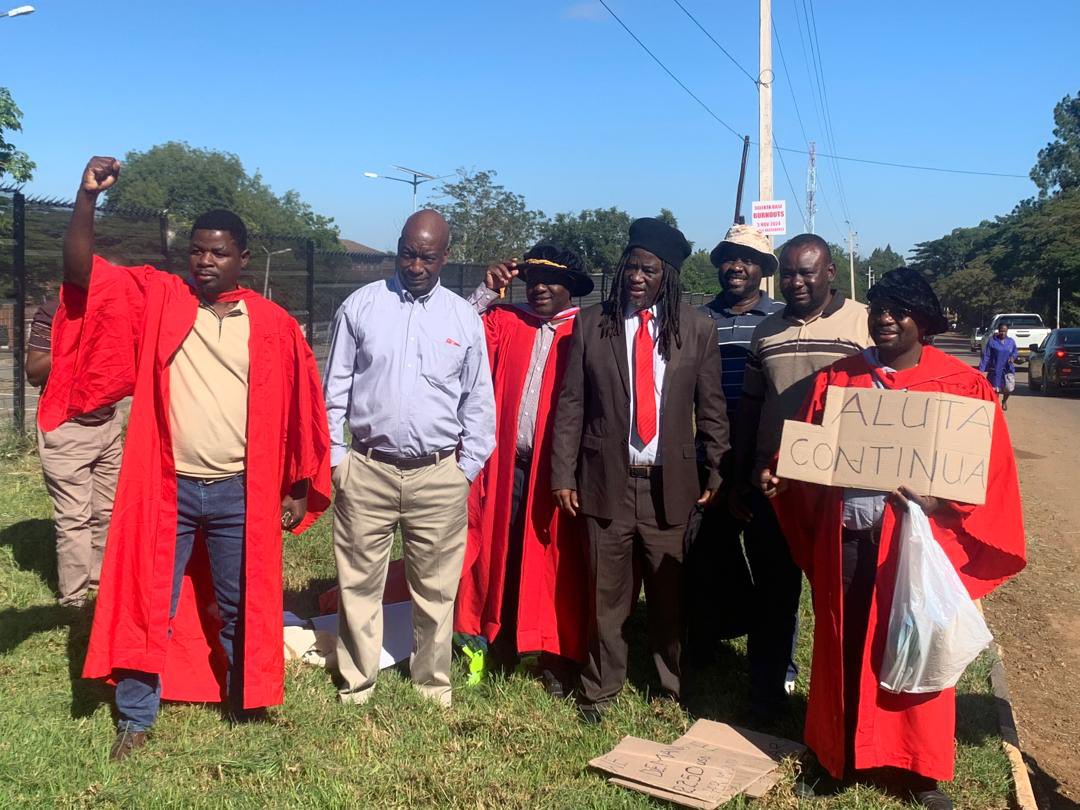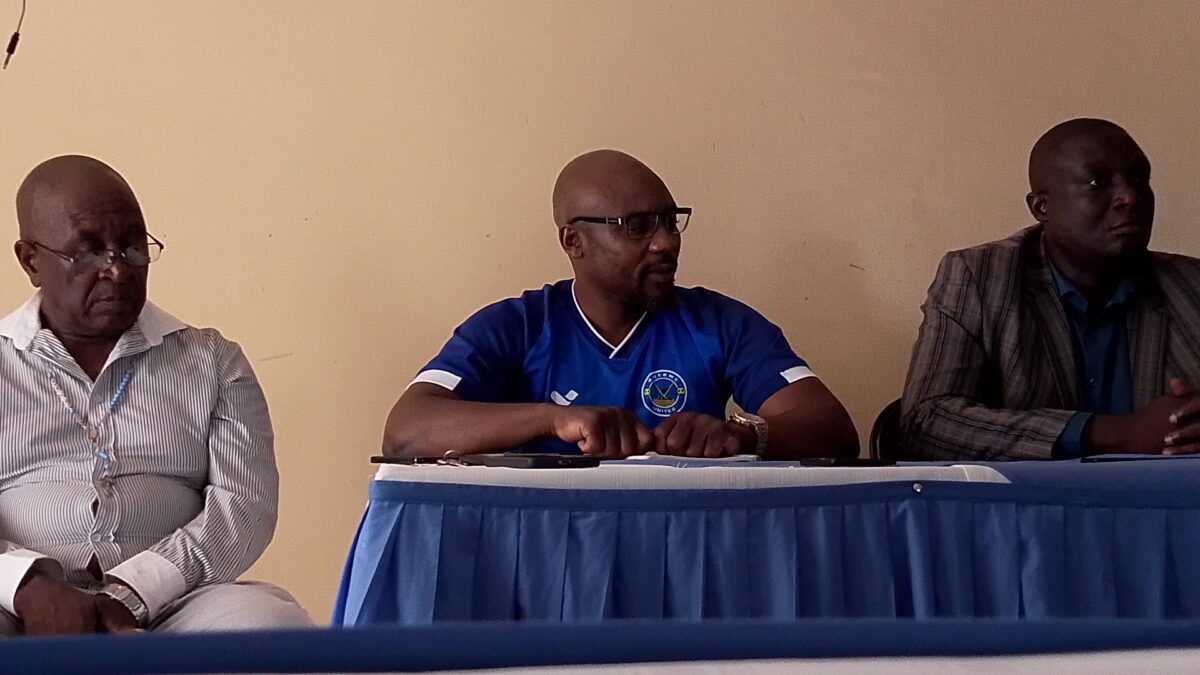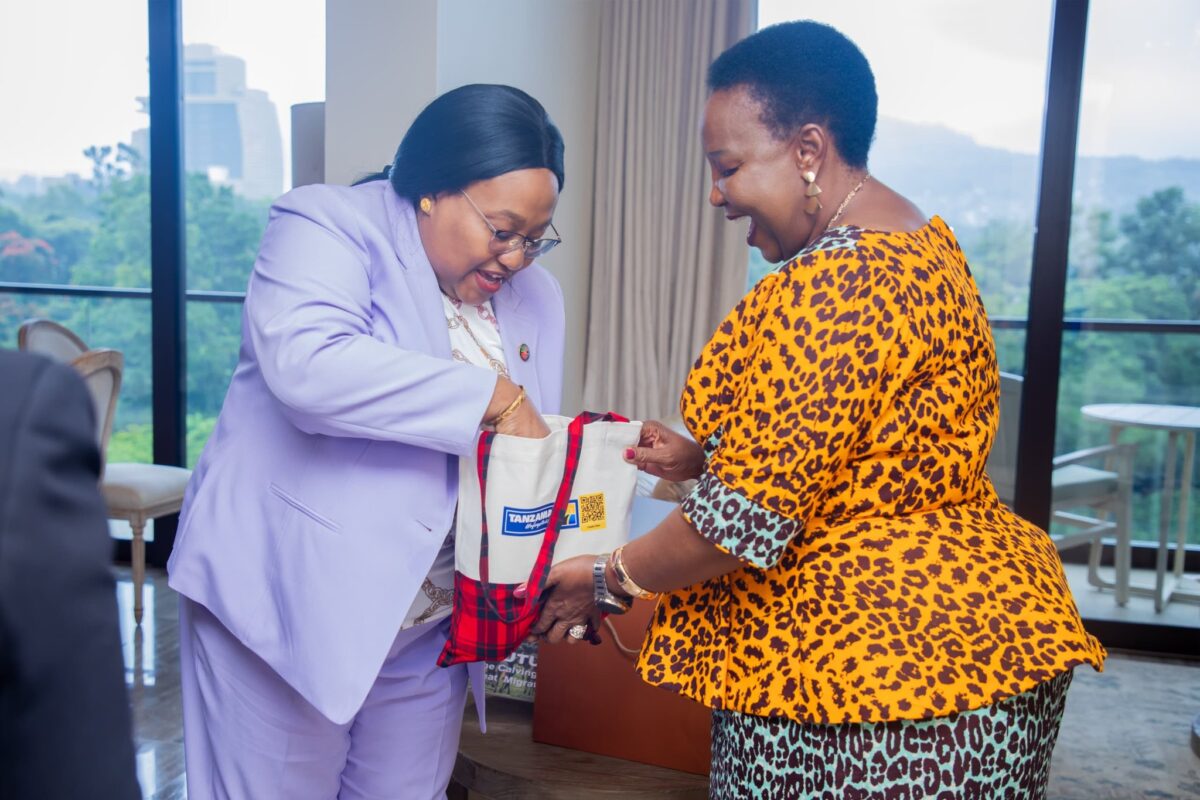NEW YORK – The United Nations Secretary General Antonio Guterres on Tuesday called President-elect Emmerson Mnangagwa to urge him to stop the military from brutalising civilians.
Guterres also stressed the importance of the independence of the judiciary in its handling of electoral disputes, a spokesman for the UN chief said.
The UN chief’s intervention came after seven people were killed by soldiers in Harare on August 1 during opposition protests against the Zimbabwe Electoral Commission (ZEC). Several others were wounded.
The opposition has also reported a crackdown by soldiers in Harare neighbourhoods at night, although the military maintains that it has not deployed soldiers to the areas.
In another phone call with MDC Alliance leader Nelson Chamisa, who is challenging Mnangagwa’s victory in the July 30 elections, Guterres encouraged him to use legal channels in trying to resolve the election dispute.
“In his two calls, the Secretary General made clear that he counted on the President of Zimbabwe to ensure that the security forces show maximum restraint. He also encouraged the opposition to pursue their electoral grievances through legal channels. He added that any legal decision taken by the court on the results would need to be independent,” Guterres’ spokesman told reporters in New York.
He said the UN chief had stressed the UN’s continued support for Zimbabwe in the post-electoral period and “hopes that all Zimbabweans will move forward in unity”.
Asked if the UN thought the election that secured Mnangagwa the narrow election win was credible, the spokesman replied: “Of course we are aware that there grievances with the elections, but at the same time we want to make sure that all the grievances are expressed through the electoral process and of course we want the political leaders and the population to exercise restraint and reject any form of violence.”
In a tweet sent out on Wednesday morning, Chamisa said the UN chief had “appreciated our great show in the Presidential election” and the MDC leader was “most indebted to the UN for such a hands-on approach to global issues.”
Chamisa is expected to file his court challenge against Mnangagwa’s election win before the time limit lapses on August 10. ZEC gave Mnangagwa a 50.8 percent victory, just enough to avoid a runoff, while Chamisa’s return was 44.3 percent.
The MDC Alliance leader maintains that based on his party’s data collected at polling stations, he won “emphatically” and that ZEC had inflated Mnangagwa’s numbers while undercounting his votes.
















